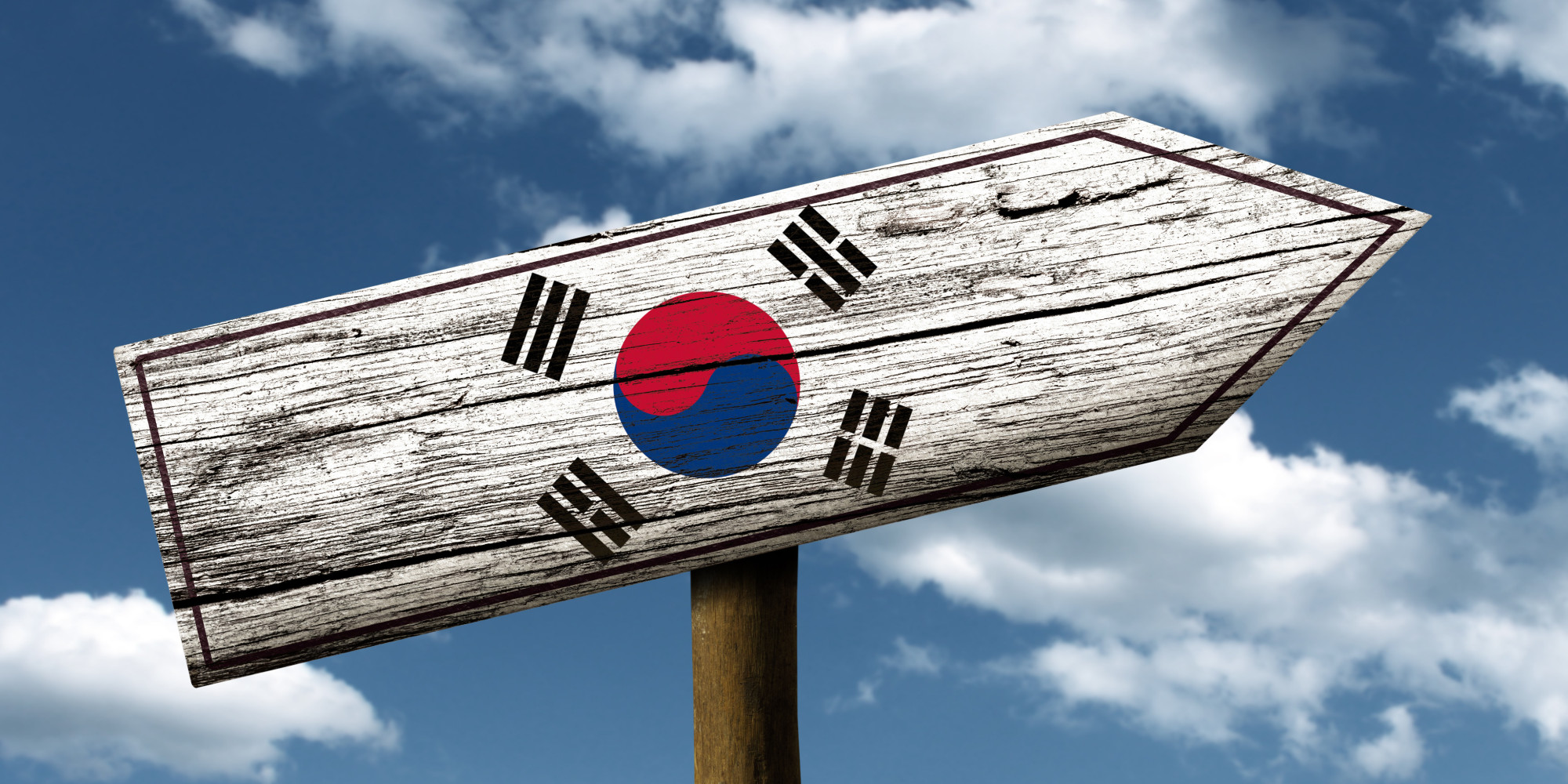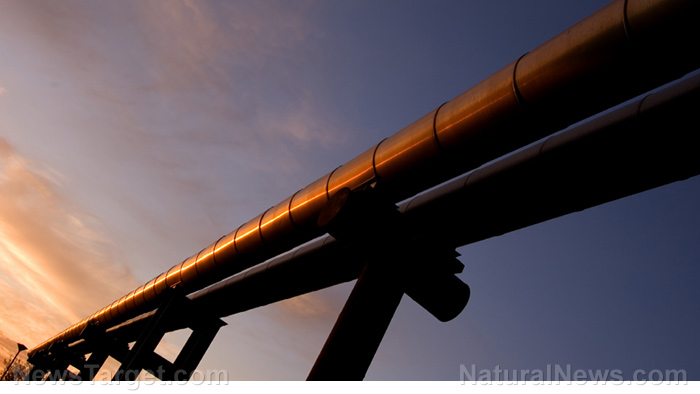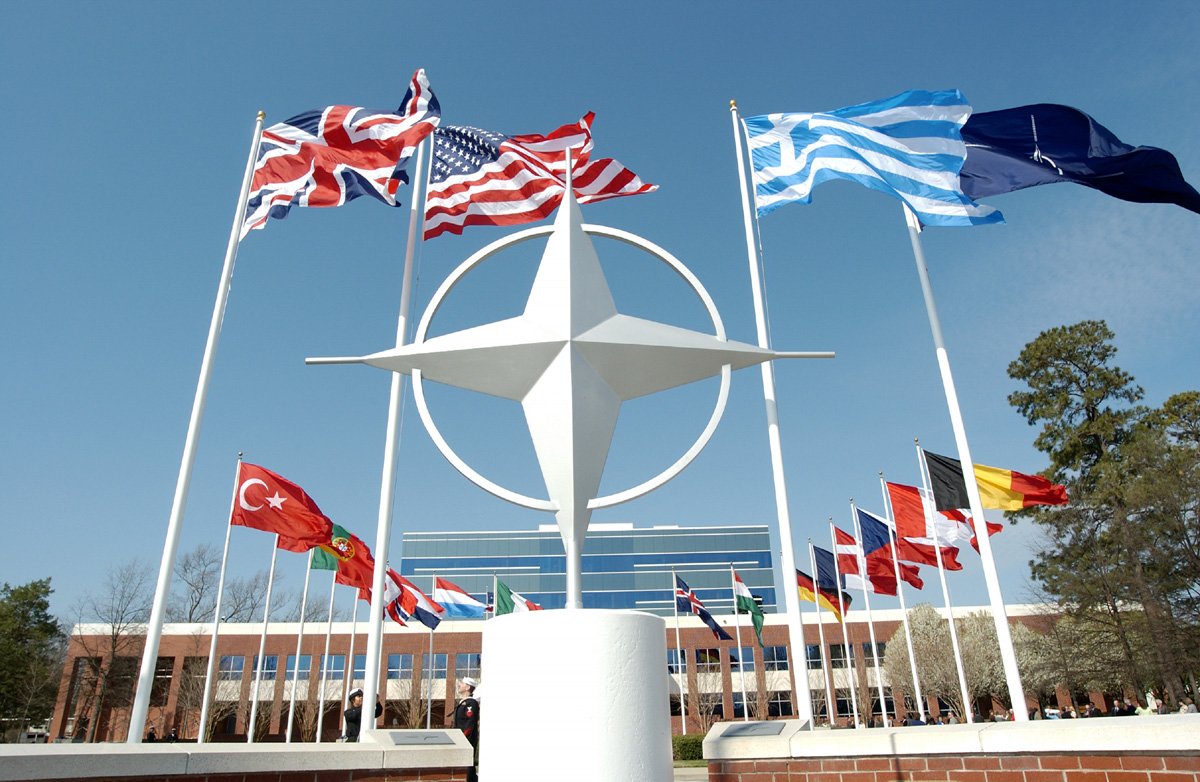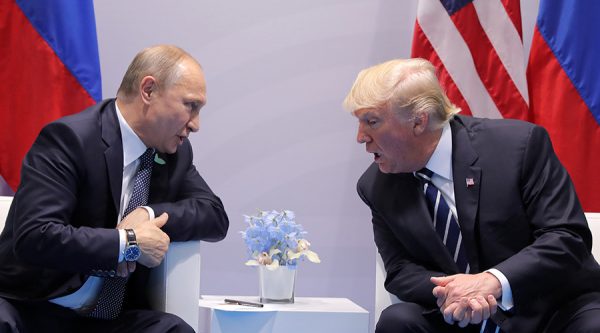European nations reestablish diplomatic relations with Syria following Assad's ousting
By arseniotoledo // 2024-12-19
Tweet
Share
Copy
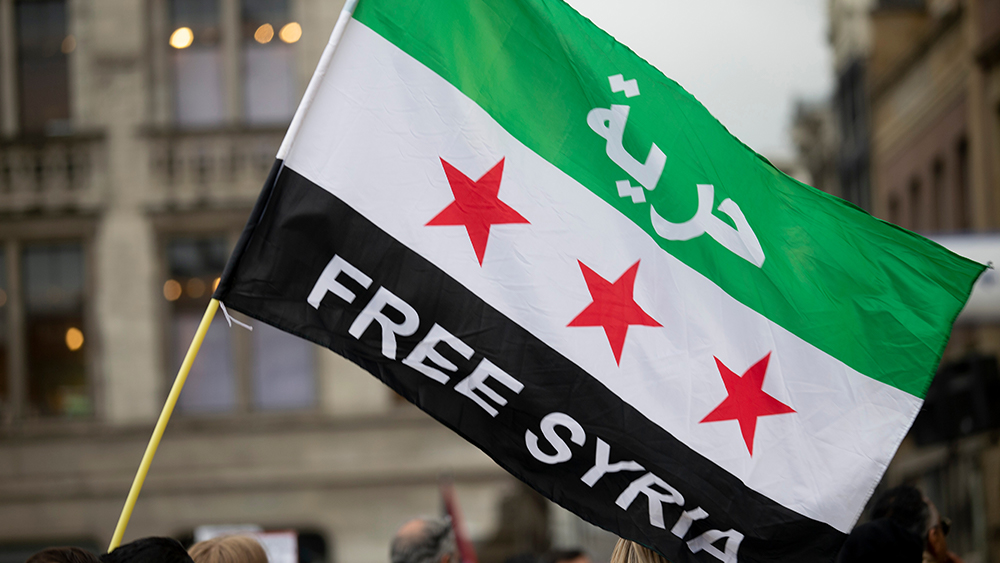
- France, Italy, Germany and the U.K. have shown willingness to engage with Syria's new Islamist leadership, such as raising national flags at embassies and sending diplomats to meet with the new regime.
- Hayat Tahrir al-Sham (HTS), previously linked to al-Qaeda, is the new leadership in Damascus. Western nations continue to designate HTS as a terrorist group but are cautiously exploring diplomatic paths.
- The European Union announced the reopening of its delegation in Damascus and emphasized conditions for engagement, including protection of minorities and rejection of extremism.
- Western nations, recognizing the power vacuum after Assad's fall, are discussing peaceful transition processes and planning to increase humanitarian aid to restore basic services like electricity and water.
- Syria's new Prime Minister, Mohammed al-Bashir, has pledged to include all religious and ethnic communities in the future government, but Western nations remain cautious due to HTS's terrorist designation.
Western world still cautious due to HTS's al-Qaeda roots
Despite the growing diplomatic engagement, Western nations remain cautious due to HTS's terrorist designation and its roots in al-Qaeda ideology. Germany's Federal Foreign Office stated that its initial talks with HTS representatives would focus on a peaceful transition process for Syria and the protection of minorities. The ministry reiterated its close monitoring of HTS, noting that the group had so far acted prudently. EU Commission President Ursula von der Leyen warned that the power vacuum left behind by the quick downfall of the Assad regime and the transition process – which is expected to be lengthy and take at least a year, if not longer – risks a resurgence of Islamic State militants, and called for utmost caution. The EU has expressed readiness to increase humanitarian aid to Syria, focusing on restoring basic services such as electricity and water. The new Syrian Prime Minister, Mohammed al-Bashir, has called for the lifting of sanctions imposed on the Assad regime, citing the government’s low currency reserves. In an interview, Bashir pledged to restructure the defense ministry using former rebel factions and defectors from Assad’s army. He also reassured minority groups, stating that Syria belongs to all Syrians and that the government is committed to building a future inclusive of all religious and ethnic communities. While the Western world is focused on reconnecting with Damascus, Israel is busy taking over more parts of Syria. Watch this video. This video is from the Cynthia's Pursuit of Truth channel on Brighteon.com.More related stories:
CNN's fake news machine: Exposing the DECEPTION behind "rescue" of notorious Assad regime officer. Israel drops an "earthquake bomb" strong enough to register on Richter scale in Syria after Assad's fall. Sen. Lindsey Graham threatens sanctions against Turkey if it proceeds with military operation against Syrian Democratic Forces. Hayat Tahrir al-Sham, once linked to al-Qaeda, now considered for DELISTING as terrorist group. The fall of Syria: A dangerous prelude to war with Iran? Sources include: Reuters.com 1 Barrons.com Reuters.com 2 Reuters.com 3 Brighteon.comTweet
Share
Copy
Tagged Under:
collapse terrorism al Qaeda Syria European Union foreign relations EU France Europe big government globalism Islamism deep state Italy coup Islamic terrorism diplomacy Embassies Hayat Tahrir al-Sham HTS
You Might Also Like
Trump plans to rebuild NATO while maintaining Ukraine support
By Belle Carter // Share
NDP leader Jagmeet Singh vows to introduce motion of no confidence against Trudeau
By Laura Harris // Share
Recent News
Trump Media, Rumble sue Brazilian judge over censorship of U.S. conservatives
By isabelle // Share
EU's energy crisis: A path to economic ruin or a wake-up call?
By willowt // Share
"Cancer Decoded" on BrightU: Immunotherapy and natural solutions to combat cancer
By jacobthomas // Share


